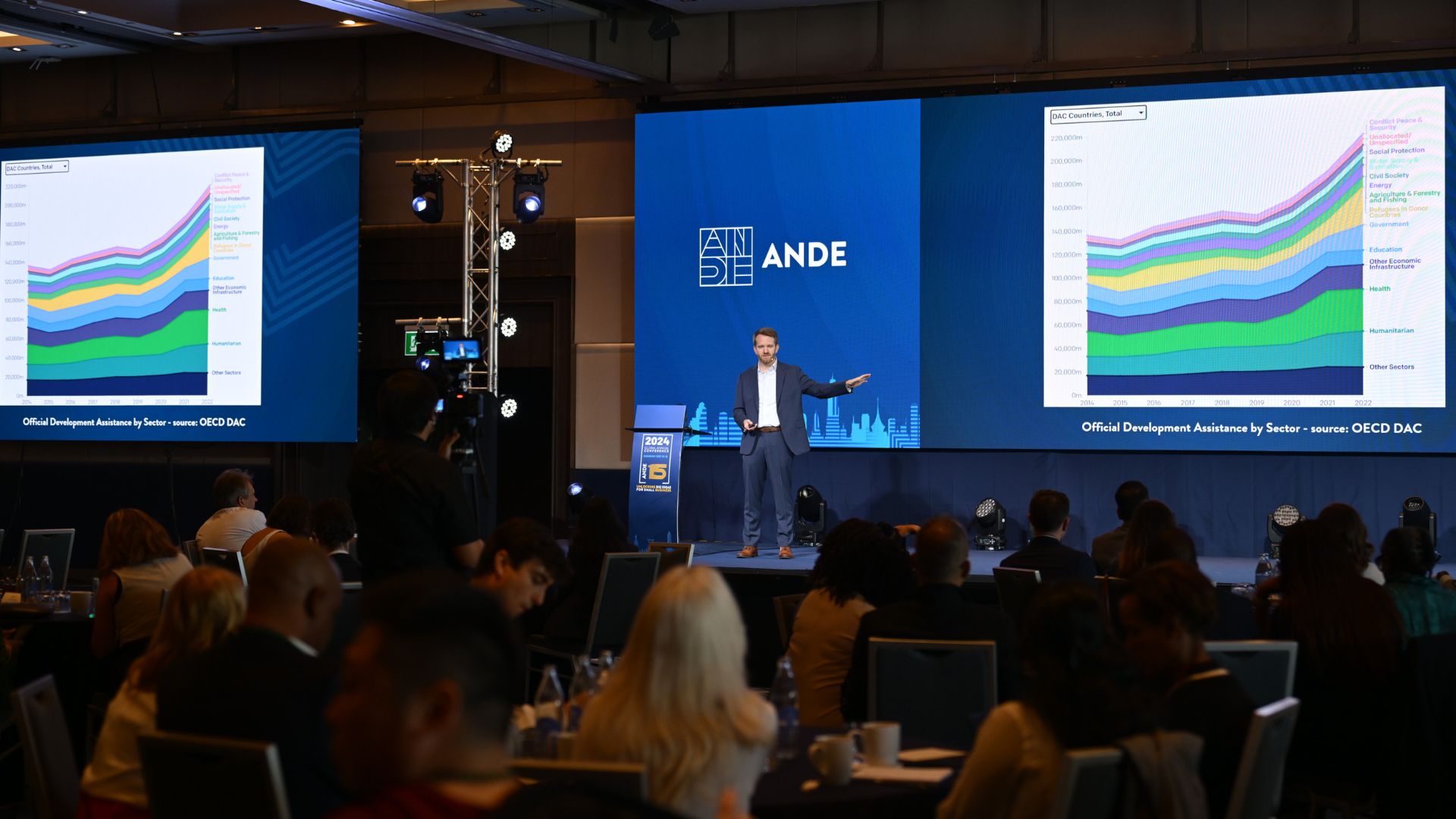
By focusing on evidence-based practices and building local ecosystems, ANDE aims to maximize impact, foster economic growth, and redefine the path to global prosperity.

Are you an ANDE member interested in helping SGBs navigate environmental, social, and governance (ESG) measurement and standards? We are putting out a call for our first working group on this topic!
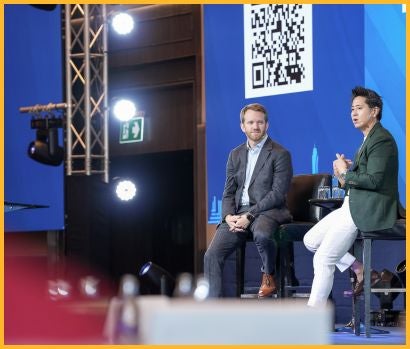
BUZZEBEES CEO Michael Chen discusses the company's journey from startup to Thailand's leading CRM platform and his vision to connect the digital world.
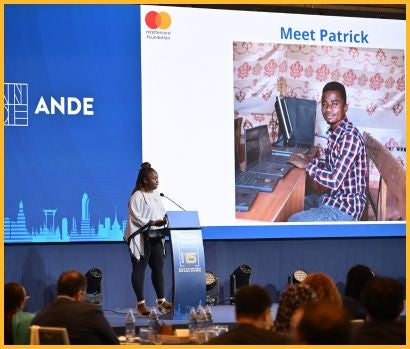
Spark Talk: DREEM empowers young refugees in Kenya with digital skills and support, transforming online entrepreneurship into a path for sustainable change.
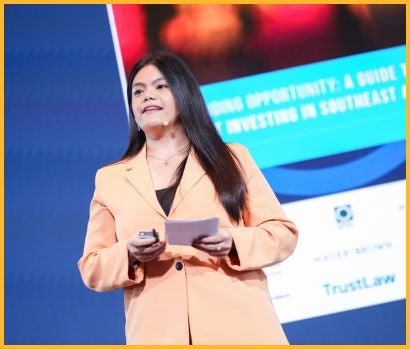
On this Spark Talk, TrustLaw's Emmanuele Marie Parra presents a vital resource for nonprofits: free legal expertise that enhances their operations and amplifies their social missions.
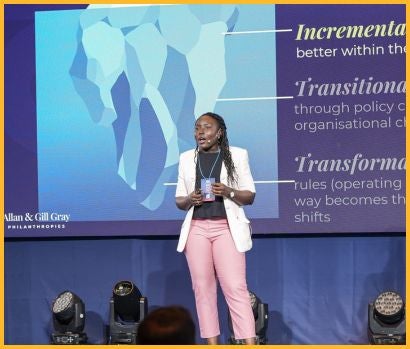
Alicia Okeyo from Allan & Gill Gray Philanthropies navigates the complexities of systemic change, offering actionable insights through the Iceberg Model to reshape and measure impactful entrepreneurship ecosystems. Watch the Spark Talk.
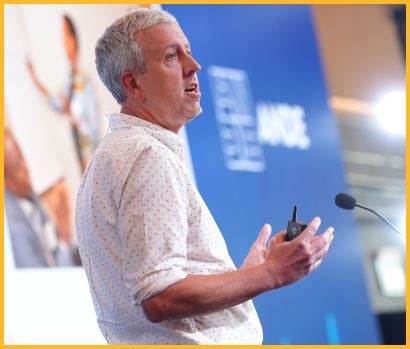
In this Spark Talk, Davis Albohm of Stanford SEED shares original insights on creating lasting support ecosystems.
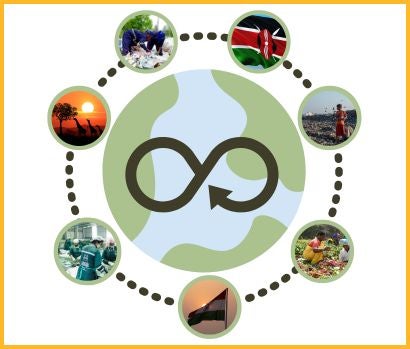
ANDE, in collaboration with the IKEA Foundation, has released comprehensive investment guides on the waste management and circularity sectors, spotlighting critical opportunities and financial strategies.
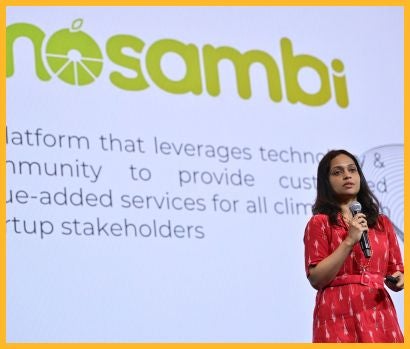
Mosambi, a platform by the Climate Collective Foundation, addresses data-sharing challenges in the ESO ecosystem, enabling startups to innovate and collaborate efficiently.
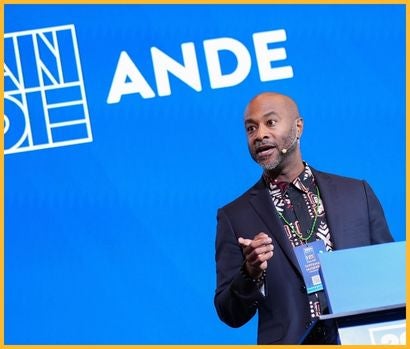
Watch this Spark Talk to discover how SaaS solutions are revolutionizing retail SGBs, driving efficiency, impact, and growth in the optical sector to improve lives across emerging markets.
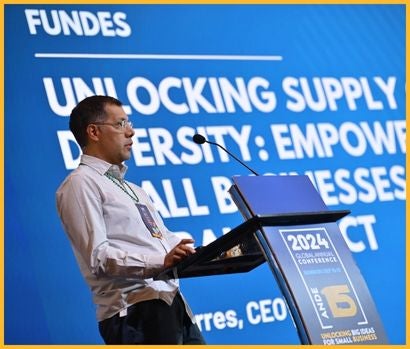
FUNDES CEO Elfid Torres demonstrated in Bangkok how inclusive supply chains can drive economic growth and create shared value for all.
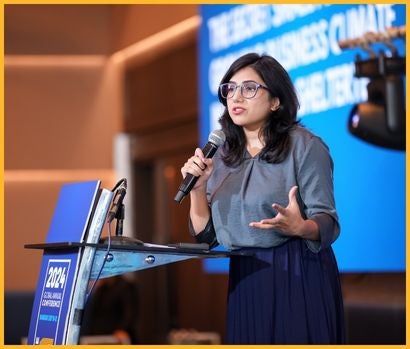
Unlocking Climate Solutions: How SGBs are Leading the Way in Sustainable Construction.

The ANDE Global Conference in Bangkok closed with a vibrant gala, celebrating outstanding contributors, Thai culture, camaraderie, and exciting announcements.
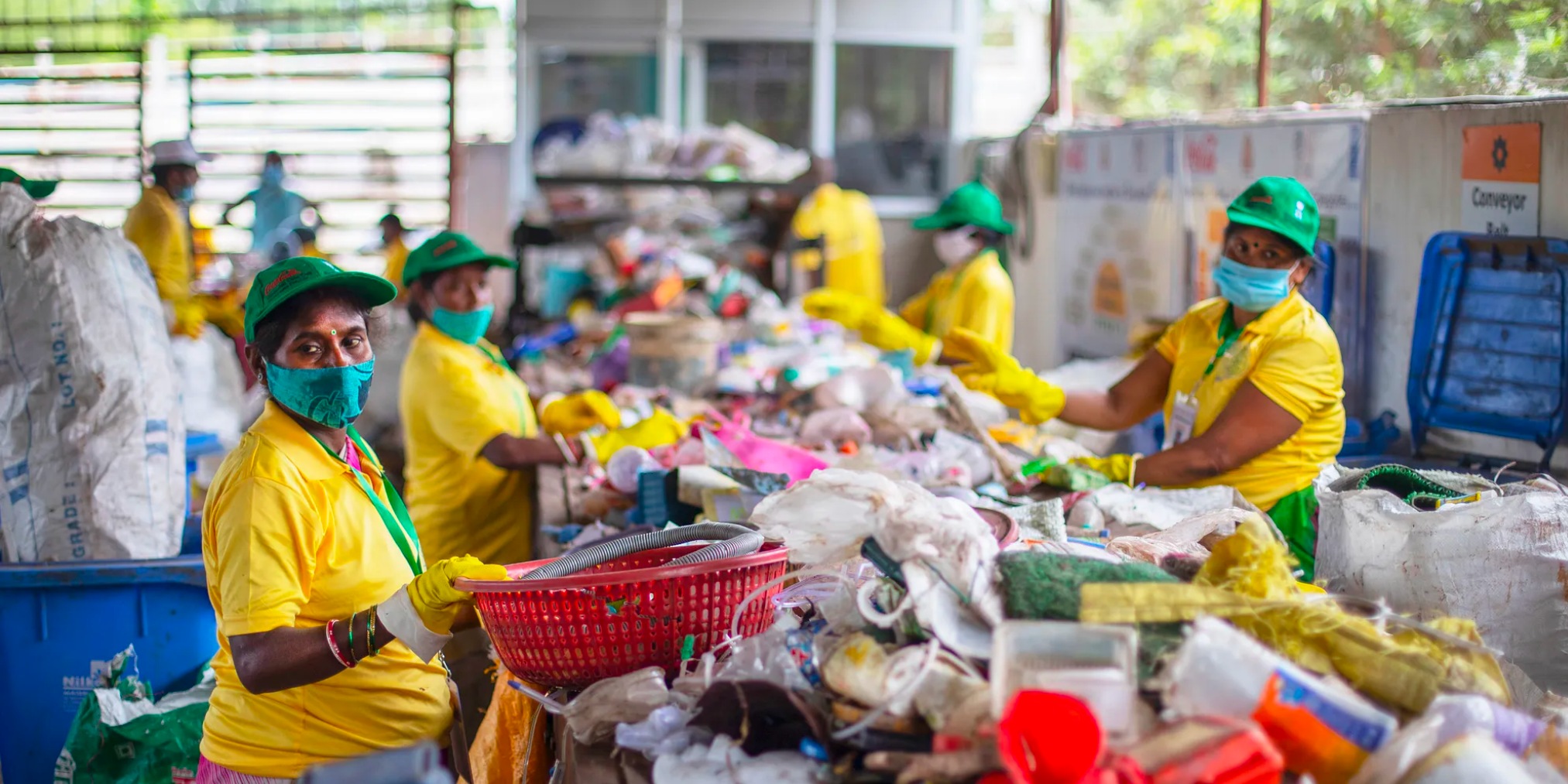
ANDE, in partnership with the IKEA Foundation, launched the second phase of its initiative supporting green entrepreneurship in India and Kenya.
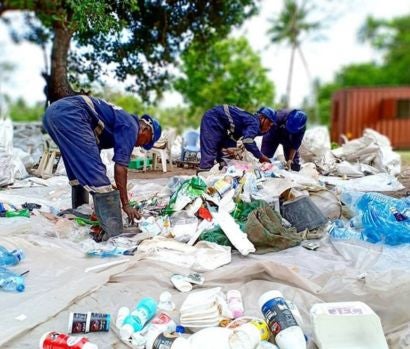
Kenya's waste management and circularity sector offers significant opportunities for investors, driven by economic growth, increasing waste generation, growing regulations and innovations. This introductory guide is the first in a series that also includes investment guides that deep dive into each of the highest opportunity sub-sectors in Kenya’s waste and circularity sector: plastic waste, wastewater, organic waste and integrated waste management. These guides provide further information on trends, opportunities, policies and challenges, as well as further details on the main identified business models and their financing needs and case studies of successful businesses.
The Thomson Reuters Foundation champions economies that are equitable, participatory, and sustainable, with a focus on environmental respect. Impact investing is crucial for addressing social and environmental inequities but remains underutilized in Southeast Asia. To bridge this gap, the Aspen Network of Development Entrepreneurs (ANDE) partnered with TrustLaw, the TRF's global pro bono service, to enhance understanding of local impact investing regulations in 7 different countries in Southeast Asia: Thailand, Vietnam, Singapore, Indonesia, Myanmar, and the Philippines. Special thanks go to A&O Shearman, DFDL, Mayer Brown, MahWengKwai & Associates, and SyCip Salazar Hernandez & Gatmaitan for their pro-bono support. This guide aims to assist social enterprises, incubators, and investors in navigating local regulations and fostering greater investment in regional startups and their social missions.
This landscape guide is intended to outline India’s current context in recycling and circularity, with a focus on the investment potential, opportunities and business models in the ten most significant waste streams in India. It provides a framework for how investment potential in a waste stream can be determined, which covers five areas that define that potential: market size and growth; investable start-up pipeline; product readiness; policy support; financing needs and gaps. The guide also includes a historical outline of investments and funding in each waste stream and outlines the roles and participation of various types of equity funders, along with the potential and participation of non-dilutive funding options.
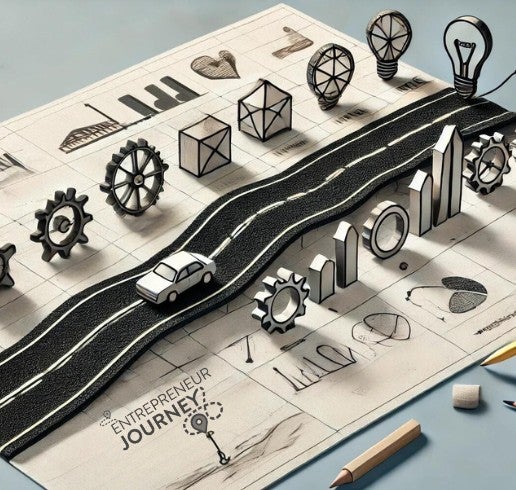
Come and explore the extraordinary journeys of entrepreneurs—small and growing businesses—working alongside ANDE members across the globe. Here is a sample: videos where these trailblazers share their own remarkable stories.
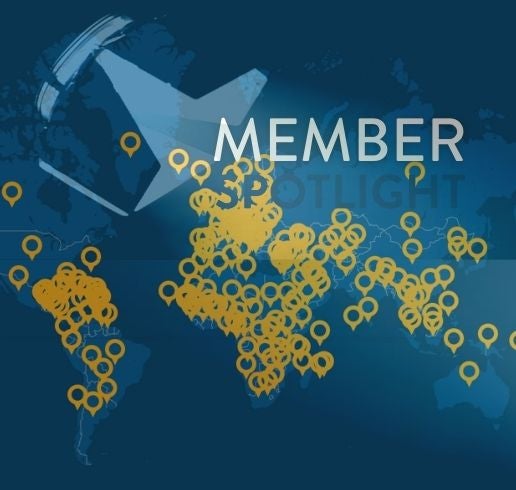
Listen to leaders from our member organizations describe their efforts to develop ecosystems for small and growing businesses in the Global South.
